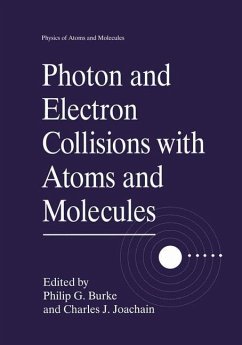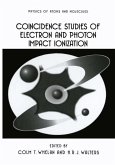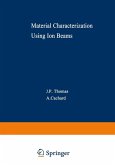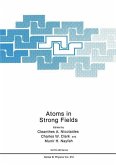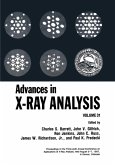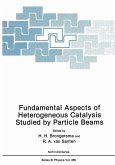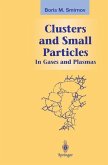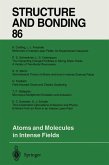Research on photon and electron collisions with atomic and molecular targets and their ions has seen a rapid increase in interest, both experimentally and theoretically, in recent years. This is partly because these processes provide an ideal means of investigating the dynamics of many particle systems at a fundamental level and partly because their detailed understanding is required in many other fields, particularly astrophysics, plasma physics and controlled thermonuclear fusion, laser physics, atmospheric processes, isotope separation, radiation physics and chemistry and surface science. In recent years a number of important advances have been made, both on the experimental side and on the theoretical side. On the experimental side these include absolute measurements of cross sections, experiments using coincidence techniques, the use of polarised beams and targets, the development of very high energy resolution electron beams, the use of synchrotron radiation sources and ionstorage rings, the study of laser assisted atomic collisions, the interaction of super-intense lasers with atoms and molecules and the increasing number of studies using positron beams.
Bitte wählen Sie Ihr Anliegen aus.
Rechnungen
Retourenschein anfordern
Bestellstatus
Storno

